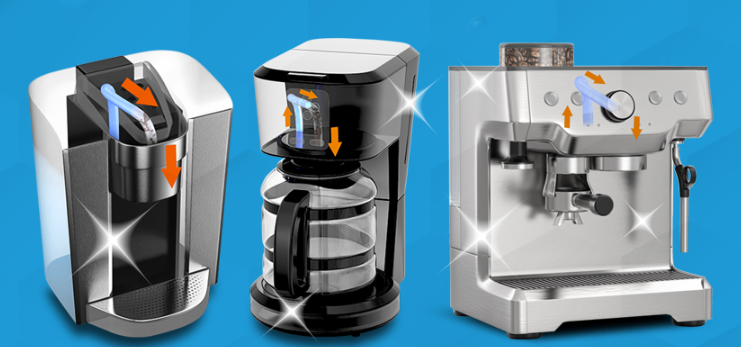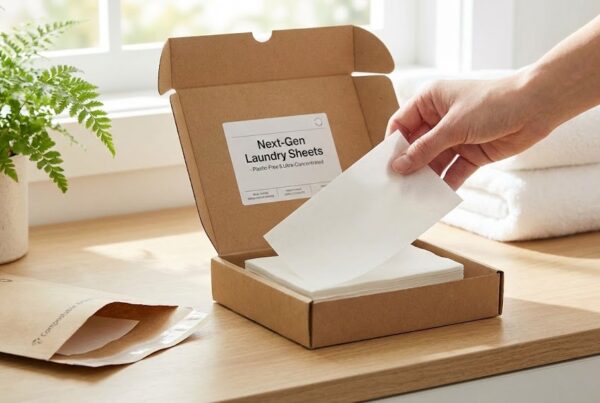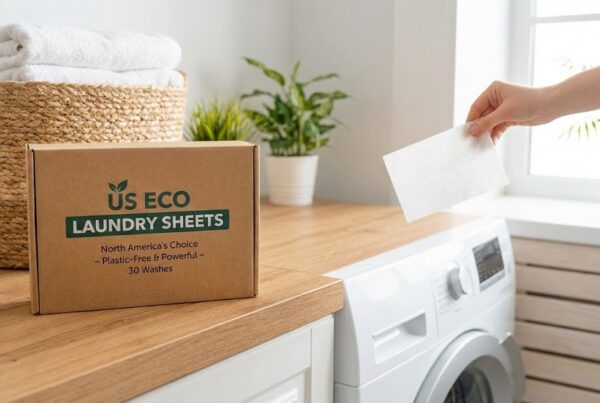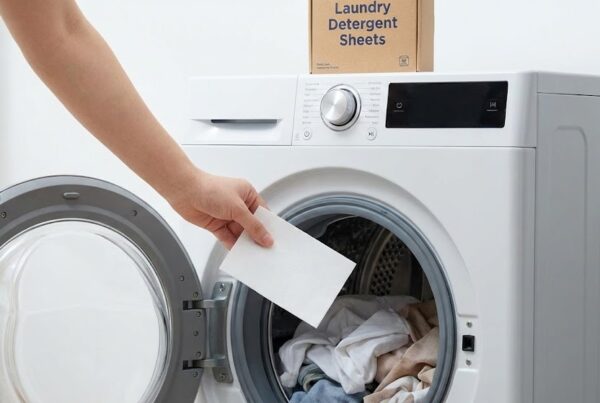Coffee Machine Cleaning Tablets vs. Other Cleaning Methods: Which is More Effective?
If you’re a coffee enthusiast or run a café, you know how important it is to clean your coffee machine regularly. Over time, coffee oils, residue, and limescale build up inside the machine, affecting the taste of your coffee and even shortening the lifespan of your equipment. With so many cleaning methods available, which one is the best? Today, we’ll compare coffee machine cleaning tablets with other common cleaning methods to help you make the right choice.
1. Coffee Machine Cleaning Tablets: The Professional and Convenient Choice
Pros:
✅ Designed specifically for coffee machines – Cleaning tablets are formulated to effectively break down coffee oils and residue.
✅ Easy to use – Simply insert a tablet, run the cleaning cycle, and your machine is clean within minutes.
✅ Pre-measured dosage – No need to measure; each tablet contains the right amount of cleaning agent.
✅ No odor or corrosion – High-quality tablets do not leave unpleasant smells or damage machine components.
Cons:
❌ Requires purchasing specialized tablets, which may be slightly more expensive than homemade solutions.
2. Vinegar + Water Cleaning: Cheap but Risky
Pros:
✅ Affordable and easily available – Vinegar is a common household item.
✅ Effective for descaling – The acidity in vinegar helps dissolve calcium and magnesium deposits.
Cons:
❌ May damage the machine – The strong acidity of vinegar can corrode metal parts and rubber seals, potentially shortening the machine’s lifespan.
❌ Leaves a strong smell – Even after multiple rinses, a vinegar odor may linger, affecting the taste of your coffee.
❌ Less effective on coffee oils – While vinegar helps with limescale, it is not as effective at removing coffee oils.
3. Baking Soda Cleaning: Natural but Risky for Your Machine
Pros:
✅ Non-toxic and eco-friendly – Baking soda is a safe, chemical-free cleaning option.
✅ Decent at removing grease – Its alkaline nature helps break down some coffee oils.
Cons:
❌ Difficult to rinse completely – Baking soda does not dissolve well in water and can leave residues that may clog internal components.
❌ Ineffective against limescale – Unlike vinegar, baking soda does not remove limescale effectively.
4. Coffee Machine Cleaning Powder: Powerful but More Complicated
Pros:
✅ Strong cleaning power – Specially formulated to remove coffee oils and limescale effectively.
✅ Ideal for commercial machines – Commonly used in coffee shops for deep cleaning.
Cons:
❌ Requires precise measurement – Unlike tablets, cleaning powder must be measured manually to avoid overuse or underuse.
❌ More complex to use – Compared to tablets, the process may involve additional steps like mixing and extra rinsing.
5. Manual Scrubbing: Good for Surface Cleaning but Not Enough
Pros:
✅ Direct control over cleaning – You can visually remove coffee residues and buildup.
✅ Chemical-free option – Suitable for those who prefer not to use cleaning agents.
Cons:
❌ Cannot reach internal parts – Manual scrubbing only cleans visible areas, leaving internal pipes and reservoirs uncleaned.
❌ Time-consuming and labor-intensive – Compared to automatic cleaning methods, manual scrubbing takes more effort.
Conclusion: Which Method is Best?
After comparing these methods, coffee machine cleaning tablets stand out as the best all-around choice due to their efficiency, ease of use, and ability to clean thoroughly without damaging the machine. While vinegar and baking soda are budget-friendly, they come with risks such as corrosion, residue buildup, or insufficient cleaning. Cleaning powder and manual scrubbing are effective but require more effort and precision.
👉 Recommended Cleaning Frequency:
- Regular Maintenance: Use cleaning tablets every 1–2 weeks to prevent oil buildup.
- Deep Cleaning: Once a month, combine cleaning tablets with a professional descaling agent for a thorough cleanse.
If you haven’t tried coffee machine cleaning tablets yet, now is the time! Keep your coffee machine in top condition and enjoy a consistently great-tasting brew. ☕✨





